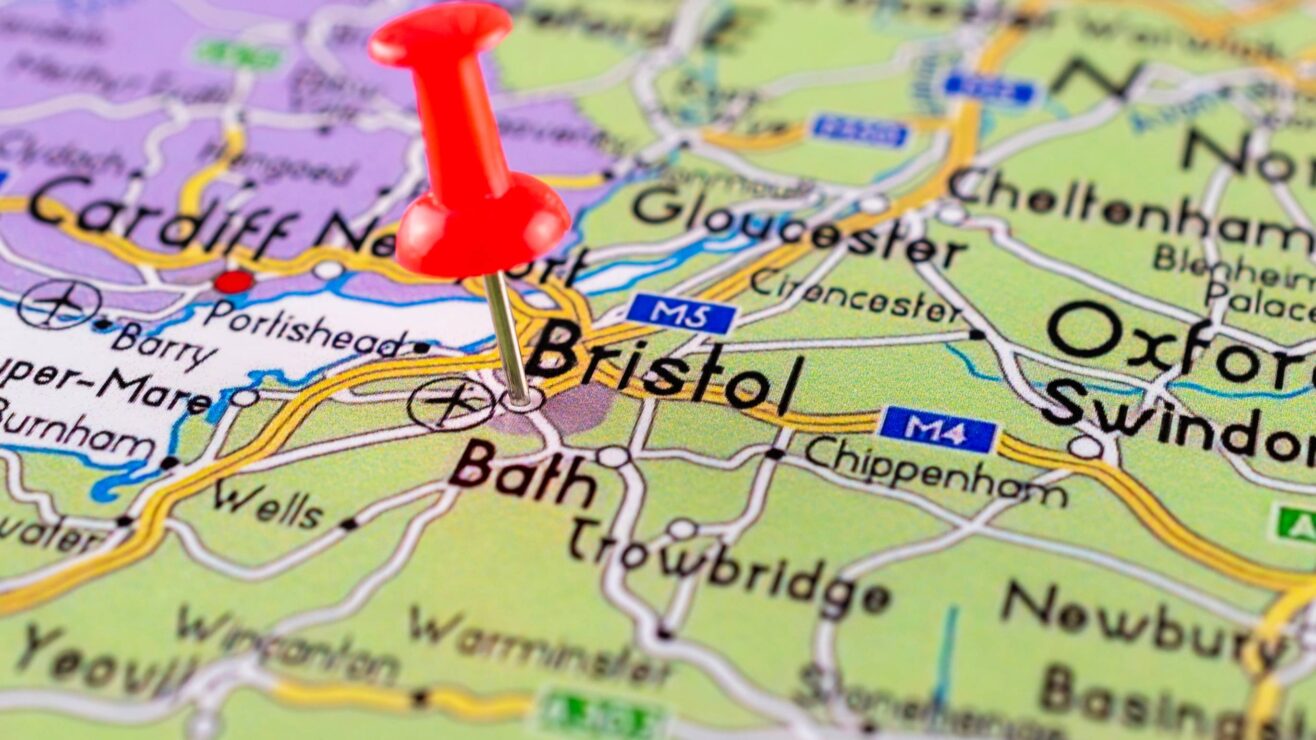Albert Hill Working Men’s Club and Institute has played an important role in my life.
It’s the place where my parents had their wedding reception. My christening party was held in its concert room. Friends of mine, uncles, and acquaintances, have had their wakes with luke warm pork-pies and pints of Magent in the bar. The day I got my membership to the club was a milestone into adulthood and at thirty one I suspect I am still the youngest member.
Temperance and temperament
The working man’s club emerged through colliding strains of the temperance movement as an alternative to the gin bars of the 1800s, the rise of the industrial working classes and their desire for betterment, and as a hub for leisure, sports, lectures, and other recreational activity. In university parlance we often talk of local catalysts but Albert Hill has maintained a generation of allotments for leek growing competitions, brought money into local economies through the touring domino tournaments, and kept hundreds if not thousands of self-employed singers, caterers, and turns in business.
And they would not be pretentious enough to call themselves it but it is a civic institution. As the writer Devika Rao has said on the decline of these kinds of third spaces that are neither home nor work “Where do you go if you are not at school, work or home? For some, the answer is, well, nowhere.” The civic agenda does not quite know how to deal with these kinds of third spaces.
It’s not that universities are not doing things which directly benefit the drinkers of Albert Hill. Universities are providing nursery places, improving school performance, supporting sustainability projects, and much more between. These things are exceptionally valuable, if executed well will change a place, and in an era of constrained university spending are admirable. At the same time, like the temperance campaigners of the 1800s, projects can sometimes feel like telling a general population to know what is good for them. As recent polling by Public First demonstrates a plurality of the public know not much or very little about what their local university does for the local area.
Further research by Public First shows people see the place where they live as the locus of their identity. Not the United Kingdom, not England, and certainly not Europe, but the actual places they live. The very idea of levelling up (remember that) is tied to both a desire to revitalise a place and an industrial heritage in places that have been left ashore with the tides of globalisation.
People and their place
The challenge is that universities are not just local institutions but global ones. Inevitably, this means that they will do things which are unfamiliar to populations that are less internationally mobile. David Goodhart, once darling of the liberal media now feted immigration sceptic, may argue this is the divide between nowheres and somewheres. The somewheres being people rooted in their local places, often not university educated, with small c conservative views. The nowheres being the mobile, less rooted, and highly educated. If the civic agenda is anything it is an attempt to bridge the education faultline through the university.
This also means that universities do university coded things in their civic agenda. There is not a focussed civic university agenda about revitalising and supporting working men’s clubs, snooker halls, pubs, places of worship, community centres, small music venues, local football teams, or, to a lesser extent, saving the local high street. It’s legitimate to argue that this isn’t the business of universities but this is no more or less true than partnering with the local museum, art gallery, or literature festival.
And this is perhaps the second challenge. Value, and the things worth spending public money on that aren’t education and teaching, are often middle class coded. This isn’t to say universities aren’t minded of their impacts on working-class communities. From supporting a just transition, to school programmes, free nursery places, and so on, they clearly are. It’s more that the kind of intangible, culturally coded, doing nice things for an area, can feel middle class.
Again, to be absolutely clear, it’s not that working-class people don’t enjoy literature, art, and culture. This is obviously the case and it’s tedious to suggest otherwise. It’s more about the range of things universities choose to invest in. And, whisper it, it’s because many of these working-class spaces are also full of people who share views that are anathema to universities. They are often less in favour of immigration, less socially liberal, and more opposed to high levels of public spending on the things universities do. To organise in those spaces is to not organise with people that aren’t aware of universities but with people that are aware of universities and simply don’t always like them that much.
Pot and trench leeks
This leaves the fundamental challenge of the extent to which universities responsibility extends to areas where they have no direct mission, with individuals that may never join in their activity, and with activities they do not have the cultural cache to do authentically. Even if universities thought maintaining a working-class culture was their role it’s not even that clear what they would actually do.
Ambiguity doesn’t mean universities can vacate the space. The politics of young white men is flipping the political map. We know there is an increasing pull toward the far right, they are less likely to receive a university education than nearly any other group, and they are more likely to stay in the places they were born. To entirely leave this space is to say universities have no place in their lives which is to tacitly acknowledge that universities’ civic commitments are partial.
Universities also cannot dictate the civic institutions they have. It’s not their role to tell their populations where to work, live, love, study, enjoy their time, and just hang out. The role of the civic university agenda is not to extend the university into the world but to extend the world into the university. The people who have the most to gain from universities being civically involved are often the least likely to know what the university is or what it does.
The civic agenda has spurred universities toward a greater consciousness of their places and achieved practical things. The way activities are coded is not to say that these activities are not valuable but it is to say that the authorial intent of civic agendas of economic growth and cultural enrichment hit the reality of communities that feel alienated from institutions generally not just the university.
If universities are to lead on growth and capture momentum with this new government they have to demonstrate they can support growth everywhere. The success of the civic agenda is not just about days spent in museums, hours of tutoring, or student spending. It is also whether the people that once felt like their university had nothing for them now does.














“There is not a focussed civic university agenda about revitalising and supporting working men’s clubs, snooker halls, pubs, places of worship, community centres, small music venues, local football teams, or, to a lesser extent, saving the local high street.” What’s frustrating is that this is exactly what social scientists do! I work in a social science department and in my department we have people who’ve directly worked with at least four of those groups – wmcs, small music venues, community centres, places of worship – as well as many similar type institutions in the last decade. We are well aware… Read more »
Hiya would love to hear more about this Rob sounds like really impactful work, let’s chat?
“The role of the civic university agenda is not to extend the university into the world but to extend the world into the university”.
Absolutely this.
At Teesside we talk about ‘social impact’ rather than civic. For me, the mere fact there is a ‘civic university agenda’ is uncomfortable. Work in, with and alongside our communities should be part of the natural fabric of our day to day operations.
A really interesting piece. Would love to talk this through with you.
Jo I am always up for a visit to the beautiful North East/chat with friends up there! Drop me an email
A really interesting piece. As the commentators above point out, many universities do engage directly and effectively with diverse communities but we could do more to value and communicate that activity. The notion of “value creation” set in one of your previous articles is an important one – thinking differently about how we measure (and communicate) the value that universities can create and its relevance to people’s every day lives. At Newcastle we are thinking about what that looks like in practice and how we develop a model for a new generation of collaborative, value-creating university.
Thank you, James. It is good to ask discomfiting questions like this, concerning universities’ civic commitments. Darren Garvey’s 2022 book, ‘The Social Distance Between Us’, uses the term “proximity” to capture the fact that few people in positions of power have ever “tasted desperation” of the kind experienced by many working-class people in Britain today. Hence, as you argue in this piece, there is a need to re-orientate our public institutions – including universities – towards the lived reality of deprived people and places. One way we are doing this in the North-East of England, is to be actively supporting… Read more »
Great article, James. At the National Civic Impact Accelerator programme https://civicuniversitynetwork.co.uk/about-us/ncia/ we’re committed to bridging this gap through our research, initiatives and partnerships. Hope we can talk to you about this in 2025. Until then, have a great festive break.
Thanks for this great article James – as a fellow north-easterner I watched the decline of the areas I lived in and visited over the 80s and 90s, just as the universities were (in contrast) building their size and footprint in the cities. It was no surprise really that the issue of ‘town and gown’ arose during that period as a greater number of (often middle class) students descended at the point when the cities themselves were grappling with their sense of identity and their futures. That was (probably) one of the key reasons why I ended up writing my… Read more »
I’ve become very critical of students’ unions in this respect. Many of my students feel the same way. SUs seem to be dominated by activists intent on imposing “progressive” values onto students. The activists’ instinct is to reform working class people & others who think the things that, as James says, are anathema to self-styled progressives who dominate universities . See for example the treatment of gender critical students who breach woke guidelines, or the lessons in ‘white privilege’ that poor white and black students receive from well-heeled professionals. Class has lost out in the era of identity politics. Civic… Read more »